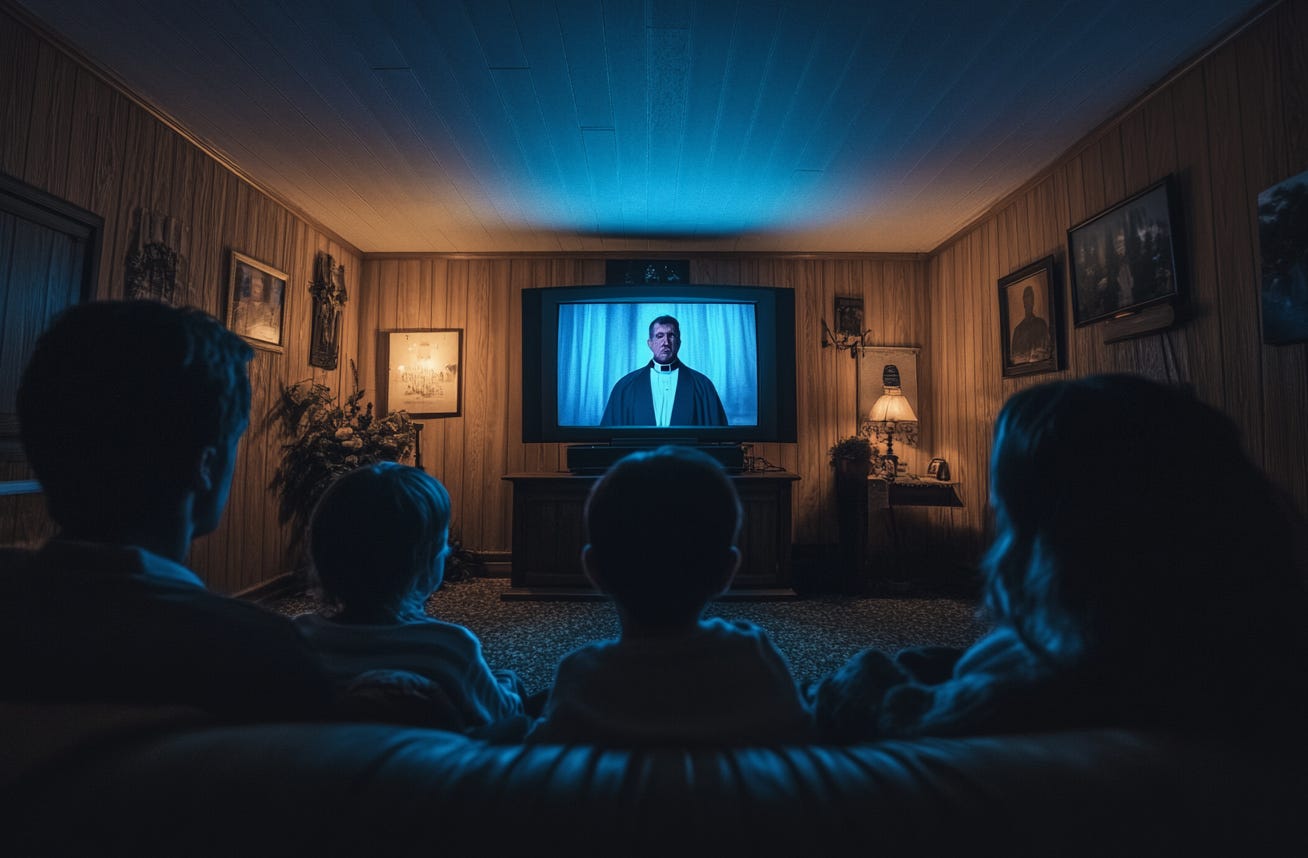I was struck recently by a story shared on a podcast I was listening to. A man had written in, seeking advice on how to counsel his sister, a nurse, who had come under conviction. She was wondering whether she should continue assisting in cosmetic or reconstructive surgeries now that her employer was taking on “gender transition” procedures. It wasn’t a matter of policy or professional consequence—it had become a matter of conscience. She considered what she was being asked to do and began to wonder whether she might actually be doing harm.
The host of the podcast made an observation worth pausing on: the sister hadn’t come to this conviction because of clear teaching from her church. She had felt pressure, yes—but not from Christians. She professed a Christian faith, but it was, as the correspondent described it, “the temperature of the culture” that pushed her to consider whether she was participating in evil.
Christians are not immune from wilting under the cultural “temperature.” Our sanctuaries can offer some insulation from the heat, but we must be aware that it doesn’t come from one source—it radiates from a whole ecosystem of influence. Government no longer confines itself to maintaining interstates, ledgers, and national defense; it now speaks to matters of identity, sexuality, and the redefinition of family. Corporations are no longer focused on delivering quality products, but on shaping social values. Schools, nonprofits, media outlets, and entertainment all echo the same script.
These institutions don’t act independently—they reinforce one another, creating a cultural algorithm that disciples the public conscience. What we watch, what we read, what we buy, what our children learn, what laws get passed—all of it is pushing hearts and minds either toward righteousness or deeper into confusion and evil. And so it’s no surprise when someone who professes Christ is so taken in by the doctrines of toxic empathy that it never occurs to her that removing healthy body parts to soothe mental delusion is not loving.
God has promised to preserve a remnant faithful to His name, and history has proven Him true. But too often, when the church’s voice was most needed, we’ve chosen to go along to get along. For decades, it may have seemed pious—or at least practical—to draw a clean line between church and state. But those days are gone. Now, “politics” lays claim to every square inch of human life, when we know that this is God’s world. So when pressure comes to speak or act, we could deflect: “The Johnson Amendment! What about our tax-exempt status?” But do we actually believe Jesus when He says the gates of Hell will not prevail against His church? The unwillingness to engage with anything deemed “political” is not a strategy—it’s the consequence of a long compromise. And the idea that Christians should avoid “politics” in church, even as the culture preaches a rival gospel, has become little more than a smokescreen for quietism.
I have no doubt the church in every generation has its particular “ditch” it tends to fall into. I remember, as an evangelical teen, the zealous musician Keith Green declaring, “The world is sleeping in a dark that the church just can’t fight / ’Cause it’s asleep in the light.” In hindsight, his vision—feed the poor and preach the Gospel—almost seems quaint compared to the cultural battles the church faces now, where children are taught they were born in the wrong body. But that only makes his warning more urgent. The fight today isn’t just about social amelioration; it’s about standing against lies that deface creation itself. Do we know the treasure we’ve been entrusted with, in the trust of God’s Word? Do we see what’s at stake if we let the culture catechize our friends and neighbors instead? The darkness has not overcome the Light—but the people of the Light cannot afford to sleep through this fight.
I haven’t forgotten the boldness many churches have shown in past moral battles. There were pastors and congregations who stood firm against no-fault divorce, the flood of pornography, the redefinition of marriage, and even the tyranny of COVID shutdowns—often while the full weight of cultural pressure stood against them. But today, whether from fatigue, fear, or the overwhelming barrage of issues, too many are falling silent. When secular ideologies are discipling the church more effectively than the church is discipling its own people, confusion and compromise should not surprise us. Yes, God in His mercy can use even the madness of the world to awaken His people—but that doesn’t excuse our silence. If the church won’t speak truth, the world certainly won’t. We are called to be a light in the darkness, not a mirror of it.
This is not the hour to grow weary or retreat. Even the secular world is beginning to admit that its project has failed—secularism is a dead end for civilization. The line between courage and compromise runs straight through our pulpits, our dinner tables, and our own hearts. But Christ has not left us alone. We have His Word, His Spirit, and His people. So let’s repent. Let’s open our Bibles, speak the truth in love, and honor Jesus in every vocation He’s given us. The world doesn’t need a church that echoes its confusion—it needs a church that stands clear and unshaken, a pillar and bulwark of the truth.





